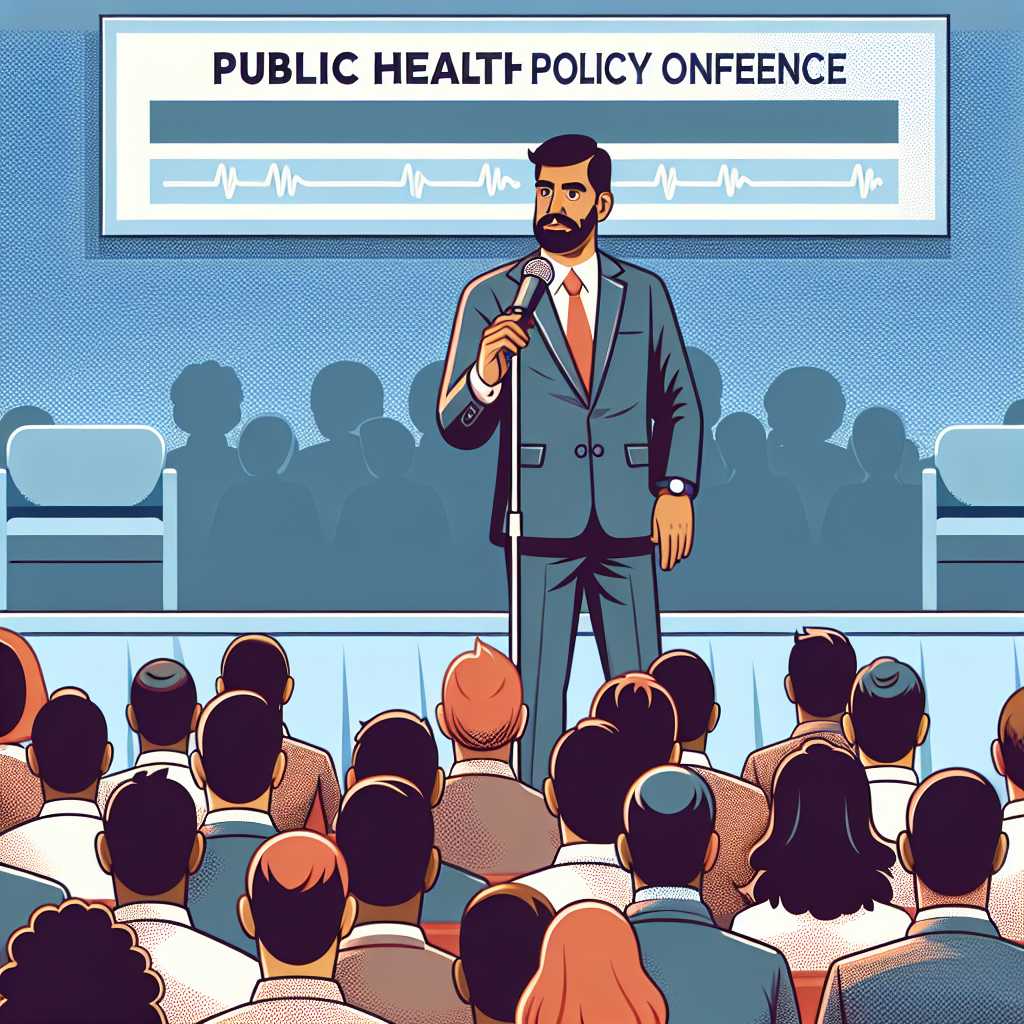Understanding the Influence of Jay Bhattacharya: A Review of His Career and Perspectives in Public Health Policy
Jay Bhattacharya is a name that has resonated through the halls of public health discourse, especially in the wake of the COVID-19 pandemic. As a physician, economist, and professor at Stanford University with a focus on health policy, Bhattacharya has been a prominent voice in discussions about pandemic responses and the ramifications of lockdowns. This article delves into Bhattacharya’s career, his contributions to public health, and the controversies surrounding his views, providing a balanced and comprehensive look at his impact on health policy.
Early Career and Academic Backdrop
Jay Bhattacharya graduated from Stanford Medical School and additionally obtained a Ph.D. in economics, establishing a solid foundation for his career at the nexus of medicine and economic theory. As a professor at Stanford University, he has focused on the economics of health care around the globe while maintaining his clinical practice.
He has authored numerous pieces of research that dwell on topics such as health insurance, the economics of infectious diseases, and health policies related to aging populations. Bhattacharya co-directs Stanford’s Center for Demography and Economics of Health and Aging as well, highlighting his in-depth engagement with issues affecting older populations worldwide.
Advocacy and Perspectives on COVID-19 Policies
Bhattacharya garnered wide public attention during the COVID-19 pandemic. Endorsing what some would consider unconventional views among public health experts, he was critical of widespread lockdown measures. He posited that these caused significant socioeconomic disruptions without sufficiently accounting for differentiated risk profiles across populations. To this effect, he was one of the primary signatories of the Great Barrington Declaration, which called for a strategy of “focused protection” rather than full societal lockdown.
The declaration advocated protecting the most vulnerable—primarily the elderly and those with certain preexisting conditions—while allowing those less susceptible to the virus to build up herd immunity. Bhattacharya’s arguments underscored potential harms such as derailing non-COVID healthcare services, psychological impact due to isolation, and economic damages borne disproportionately by the socioeconomically disadvantaged.
While Jay Bhattacharya’s ideas found support within certain circles, they met with substantial skepticism and criticism from others. Critics argued that strategies like those suggested in the Great Barrington Declaration underestimated the complex nature of the virus’s transmission, involved impracticalities in protecting vulnerable populations separately, and risked overwhelming healthcare systems.
Controversies and Public Discourse
Jay Bhattacharya’s defiant stance had him placed at odds with many public health officials who supported comprehensive lockdowns as necessary to flatten the COVID-19 curve. His participation in policy discussions showcased a sharp dividing line between differing schools of thought within public health approaches.
Amidst complex debates on individual freedoms versus collective safety, Bhattacharya continued to emphasize the collateral damage from lockdowns. Citing effects such as learning deficits in children due to school closures and long-term economic scarring, he maintained that public health policy should not solely focus on virus suppression but take a broader continuum of human wellbeing into account.
Legacy and Continuing Impact
Jay Bhattacharya’s involvement in pandemic policy influenced broader currents via several avenues—notably media appearances and collaborations with other institutions advocating for reopening scenarios. His viewpoints challenge conventional frameworks and ask vital questions about balancing immediate public health goals against broader social health determinants.
As alterations in policies took place over time, whether owing to external pressure from figures like Bhattacharya or changing circumstances like vaccine rollouts, his perspectives have contributed to ongoing discussions about best practices for concurrent and future crises management.
Notes
Image Description: An image depicting Jay Bhattacharya standing on a stage speaking into a microphone, with a banner reading ‘Public Health Policy Conference’ seen in the background. The audience looks on attentively as he presents his perspective on management strategies during health crises.
IlPi4
